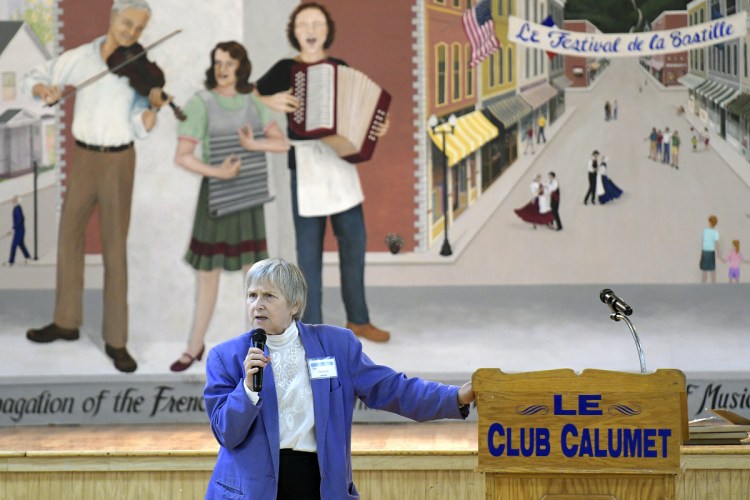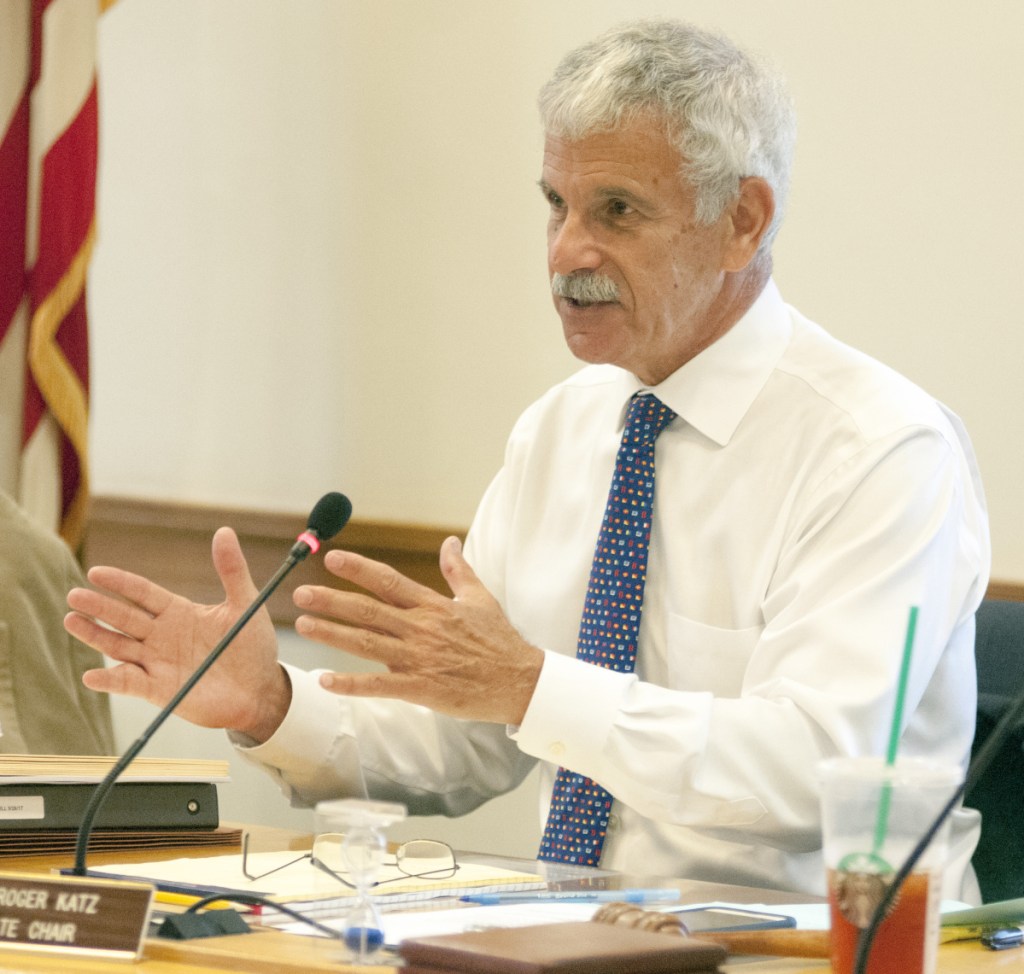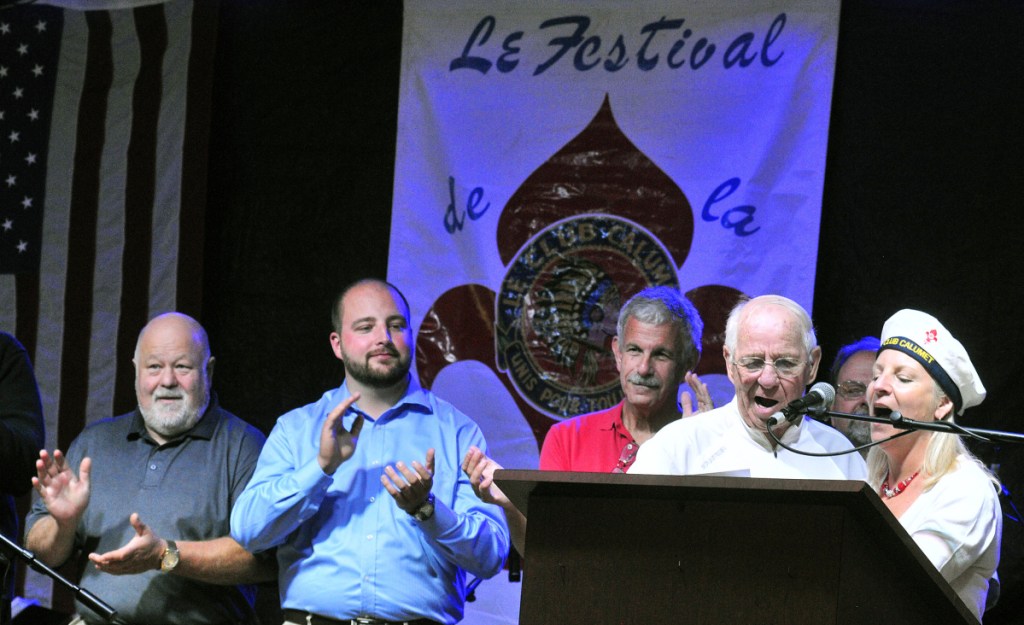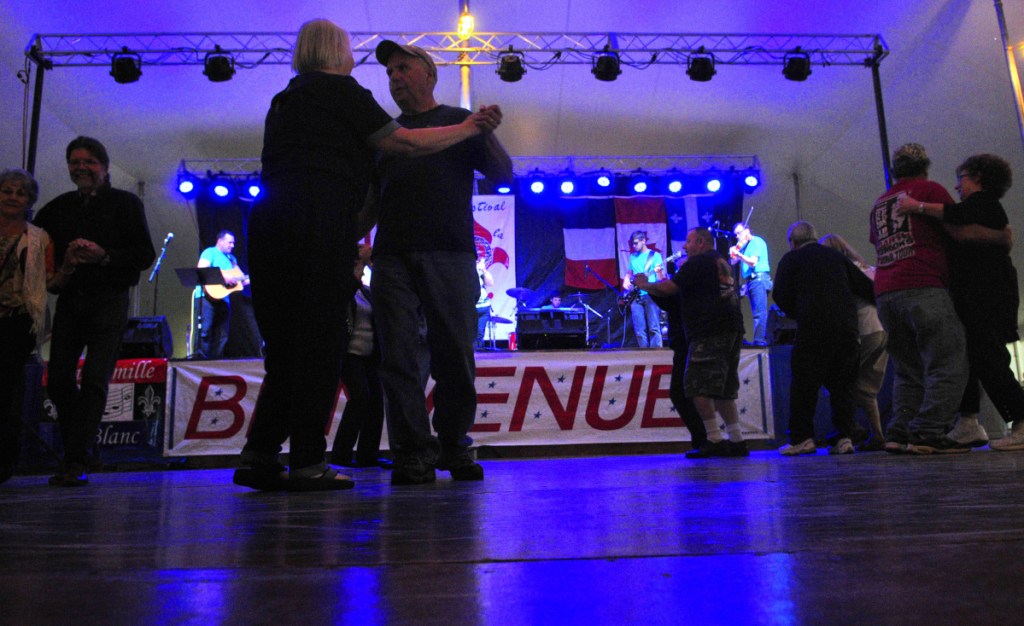Civic organizations that use raffles with substantial cash prizes to raise money say a state rule change hidden in the last state budget bill, capping cash raffle prizes at $1,000, hampers their ability to bring in money to support their efforts to help in their communities.
“It impacts us directly. The Elks, in Maine, raise over $5 million a year, some of that through raffles,” said Mike Michaud, exalted ruler of the Augusta Elks Lodge. “Not being able to do this cripples our ability to keep raising money, that’s what we do with these raffles. We’re going to have to find other means to raise these monies for our charities, which is climbing up an even steeper hill.”
Sen. Roger Katz, R-Augusta, has sponsored emergency legislation to reverse the rule change made last year, which Katz said was tucked into what he described as the 900-page budget bill of Gov. Paul LePage’s administration. The change apparently escaped the attention of many people, including Katz, and Michaud, who didn’t learn about the change until a meeting this winter with other Maine Elks leaders.
“No one, including myself, picked up on it. We collectively dropped the ball,” Katz said of the rule change getting through largely unnoticed. “It’s law. It came to my attention from a couple of representatives of the Calumet Club.”
Dan Doiron, a member of the Le Club Calumet involved in organizing the club’s popular Franco-America festival, Le Festival de la Bastille, which takes place every other year, said a raffle, with $20,000 in total prize money and a $10,000 cash prize, is part of the festival and helps raise funds that go into the club’s general fund.
“Those funds help support our contributions to the community throughout the year,” Doiron said. “It’s a real shock to the organization. It looks like it slipped in as part of a bigger bill. That’s not a great way to do things.”
Every other year the Augusta Elks Lodge holds a raffle with $10,000 in total prizes, with a $3,000 top prize. Proceeds from that raffle fund the local fraternal organization’s summer festival, which raised about $15,000 last summer for the Maine Children’s Cancer Program and K9s on the Front Line, a Maine-based nonprofit that provides trained service dogs to military veterans with post-traumatic stress disorder.
Michaud and the leaders of other local organizations that raise funds with such raffles said while they could give away prizes other than cash, or smaller cash prizes, those don’t seem to generate nearly as much interest from the raffle-ticket-buying public.
“I think the opportunity or excitement of winning that much money helps sell those tickets,” said Tom Warren, chief executive officer of the Kennebec Valley YMCA, which annually splits the proceeds of a raffle it does in a partnership with the Friends of Lithgow Library, which has a $10,000 cash prize and generates $12,000 to $15,000 each for the library and the YMCA. “If we did a raffle and the payout would be a lot less, I think it’d be much more difficult. I’m sure we’ll figure something out, but it certainly makes it more difficult and very well may result in us raising less money and having less money to give back.”
Warren said the YMCA uses its share of the raffle proceeds to fund its Strong Kids Campaign, which provides scholarships so children who wouldn’t be able to afford to join the Y can become members.
Katz said he hopes the emergency legislation will pass as an emergency measure so organizations across the state that use cash raffles to raise money still may have such events this summer.
The bill, L.D. 1837, “An Act to Allow Cash Prizes for Certain Raffles Conducted by Charitable Organization,” has been referred to the Veterans and Legal Affairs Committee, which Katz anticipates will hold a hearing on the bill within the next couple of weeks. Katz noted it’s an issue across the state, not just in Augusta.
Such fundraisers, he said, “have enabled community groups to do a great deal of good, and the same thing is replicated in communities throughout Maine. I’m unaware of any problems that have come up with this culture of nonprofit raffles.”
Asked for information about why the law change was included in the state budget bill, Julie Rabinowitz, press secretary in the governor’s office, said Friday that questions about that issue were passed along to the state’s Gambling Control Board, where officials could not be reached for comment immediately.
The current law does allow charitable organizations that register with the state’s Gambling Control Unit to give away noncash prizes up to a value of $75,000.
However, Michaud said people don’t seem as interested in winning items as they are in cash.
“We’ve raffled off boats and motors, vacation trips and things like that, and they garner some interest; but the cash raffle is really, really one of the stronger means of raising money for our charitable organizations,” Michaud said. “I don’t think whoever drafted that bill had any idea at all the impact it’d have on fraternal organizations, the Y, the hospitals and others that run these raffles to raise money for their communities.”
Organizations holding raffles are limited, both in the current and proposed legislation, to one raffle a year.
Keith Edwards — 621-5647
Send questions/comments to the editors.







Comments are no longer available on this story